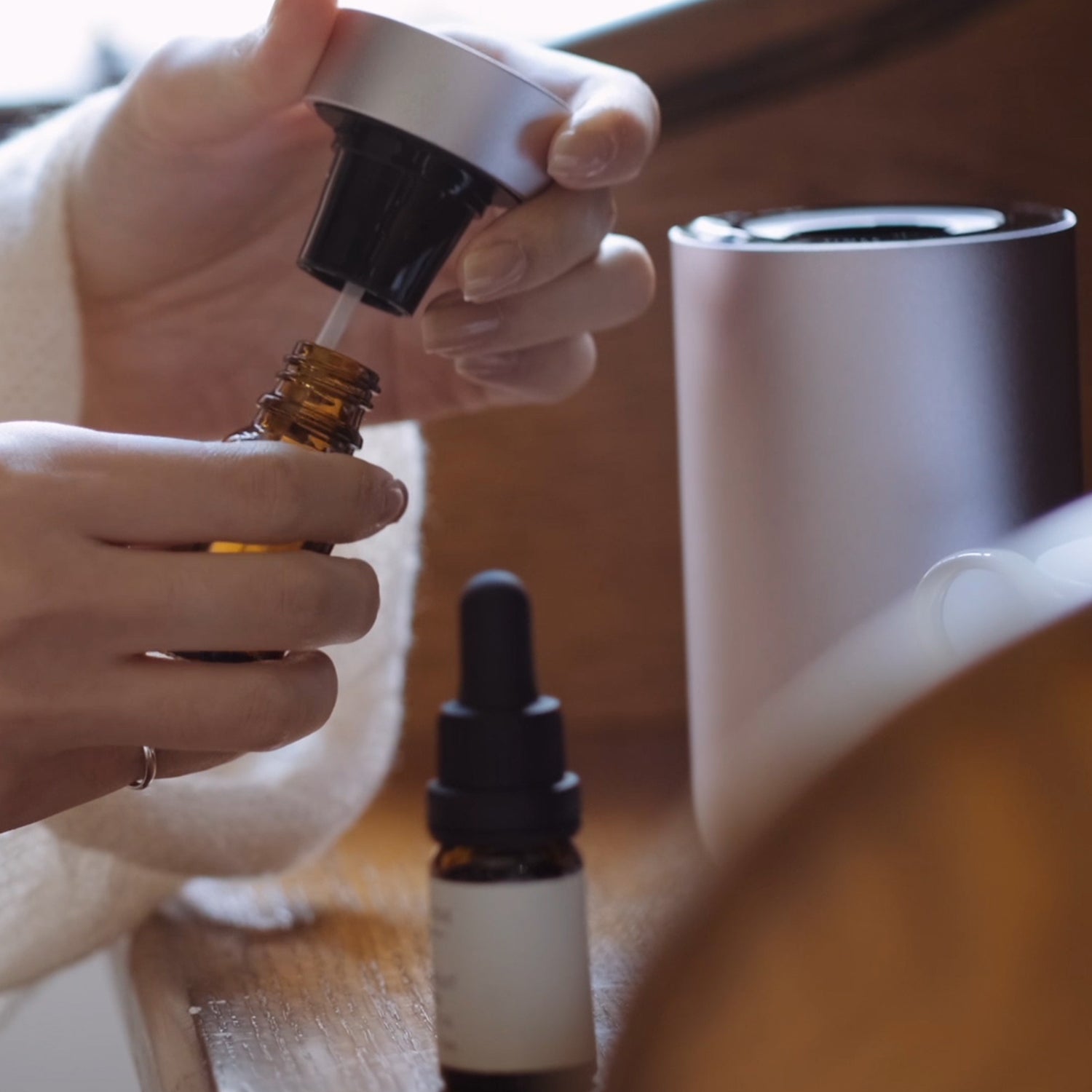Essential oils offer wonderful therapeutic benefits, from promoting relaxation to boosting focus. One of the best ways to enjoy these benefits is by using an essential oil diffuser, especially an electric oil diffuser. However, improper use can lead to wasted oils or even potential risks.
In this guide, we'll explore essential oil safety tips to ensure you're using your diffuser effectively. Whether you're new to aromatherapy or a seasoned user, these best practices will help you get the most out of your oils while avoiding common mistakes.
Understanding Electric Oil Diffusers
An electric oil diffuser is a device that disperses essential oils into the air, typically using ultrasonic vibrations or heat. Unlike traditional candle-based diffusers, electric models are safer, more efficient, and allow better control over oil dispersion.
Types of Electric Diffusers
- Ultrasonic Diffusers – Use water and vibrations to create a fine mist.
- Nebulizing Diffusers – Disperse pure oil without dilution.
- Heat Diffusers – Use gentle heat to evaporate oils (less common).
- Evaporative Diffusers – Use a fan to spread oil-infused air.
Each type has its advantages, but the following safety tips apply to most models.
Essential Oil Safety Tips for Diffuser Use
1. Choose High-Quality Essential Oils
Not all essential oils are created equal. Synthetic or low-quality oils may lack therapeutic benefits or even cause irritation. Always opt for:
• 100% pure, therapeutic-grade oils
• Reputable brands with third-party testing
• Organic or wildcrafted options when possible
2. Dilute Oils Properly (If Needed)
Some electric oil diffusers, like ultrasonic models, require dilution with water. Others, like nebulizing diffusers, do not. Always follow manufacturer guidelines. A general rule for ultrasonic diffusers: 3-5 drops of essential oil per 100ml of water Using too much oil can lead to overpowering scents or even damage your diffuser over time.
3. Run Your Diffuser in Intervals
Continuous diffusion can lead to olfactory fatigue (where you stop noticing the scent) or even mild headaches. Best practices include:
• 30-60 minutes on, then 30-60 minutes off
• No more than 4-6 hours per day in well-ventilated spaces
4. Avoid Overexposure in Small Spaces
A powerful essential oil diffuser in a small room can make the scent too intense. Tips for balanced diffusion:
• Use fewer drops in bedrooms or offices.
• Open a window periodically for fresh air.
• Choose milder oils (like lavender or bergamot) for enclosed spaces.
5. Use the Right Diffuser for Your Needs
Not all electric oil diffusers are suitable for every situation. Consider:
• Room size (larger spaces need higher-capacity diffusers)
• Noise level (ultrasonic diffusers are quieter, making them ideal for bedrooms)
• Oil consumption (nebulizers use oils faster than ultrasonic models)
6. Store Essential Oils Properly
To maintain oil quality and longevity:
• Keep bottles in a cool, dark place (away from sunlight).
• Ensure lids are tightly sealed to prevent oxidation.
Final Thoughts: Enjoying Aromatherapy Safely
An essential oil diffuser can enhance your home's atmosphere—when used correctly. By following these safety tips, you can enjoy the benefits of aromatherapy without unnecessary issues.
Whether you own an ultrasonic, nebulizing, or heat-based electric oil diffuser, smart usage ensures a pleasant and effective experience. Always prioritize quality oils and proper diffusion habits.



